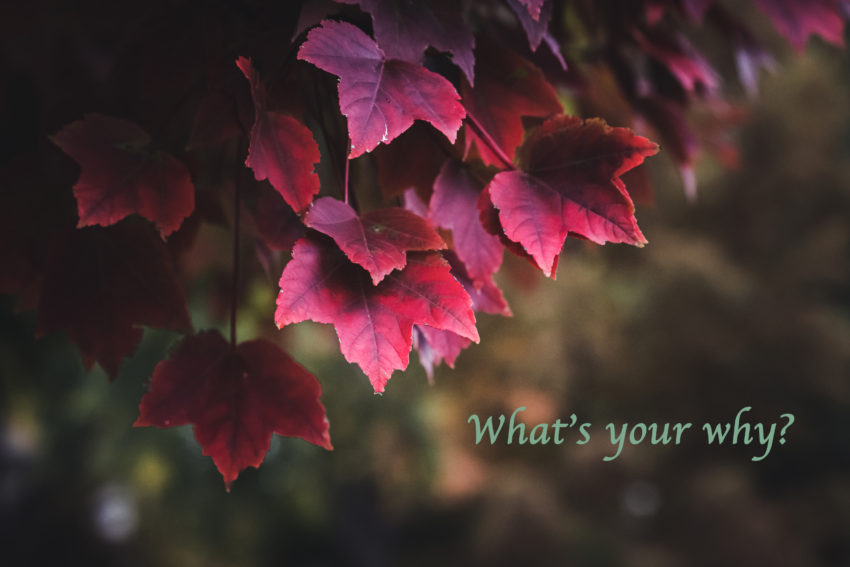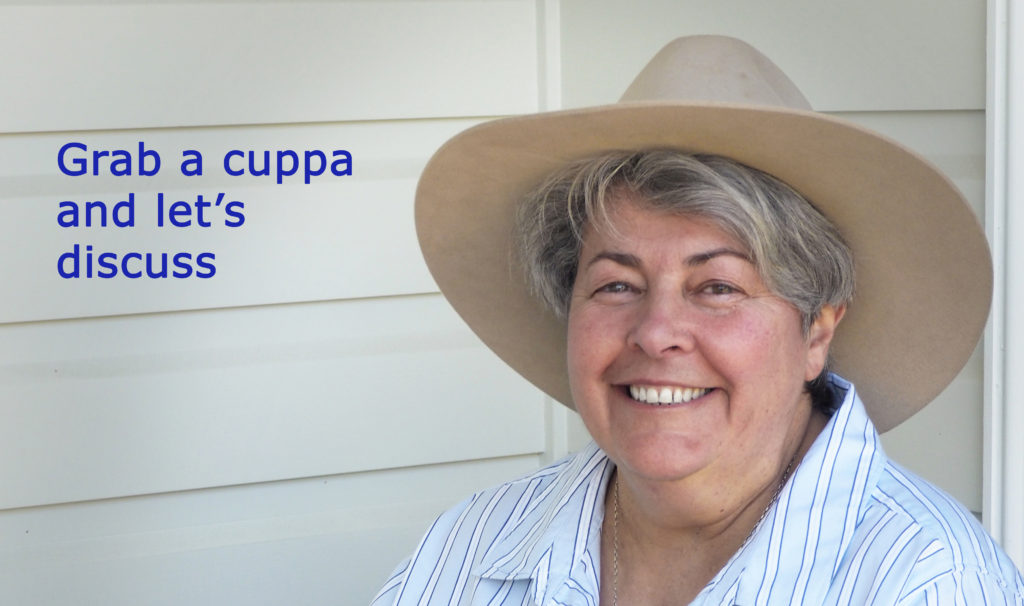
To define our Life Purpose we need to first start with finding our Personal Values.
If, like me, you have reached the conclusion that having a life purpose is the most important piece of work we can be doing for our overall health and wellbeing right now, then I don’t know about you, but “how do we go about defining our life purpose?” seems to be the $5 million dollar question don’t you think?
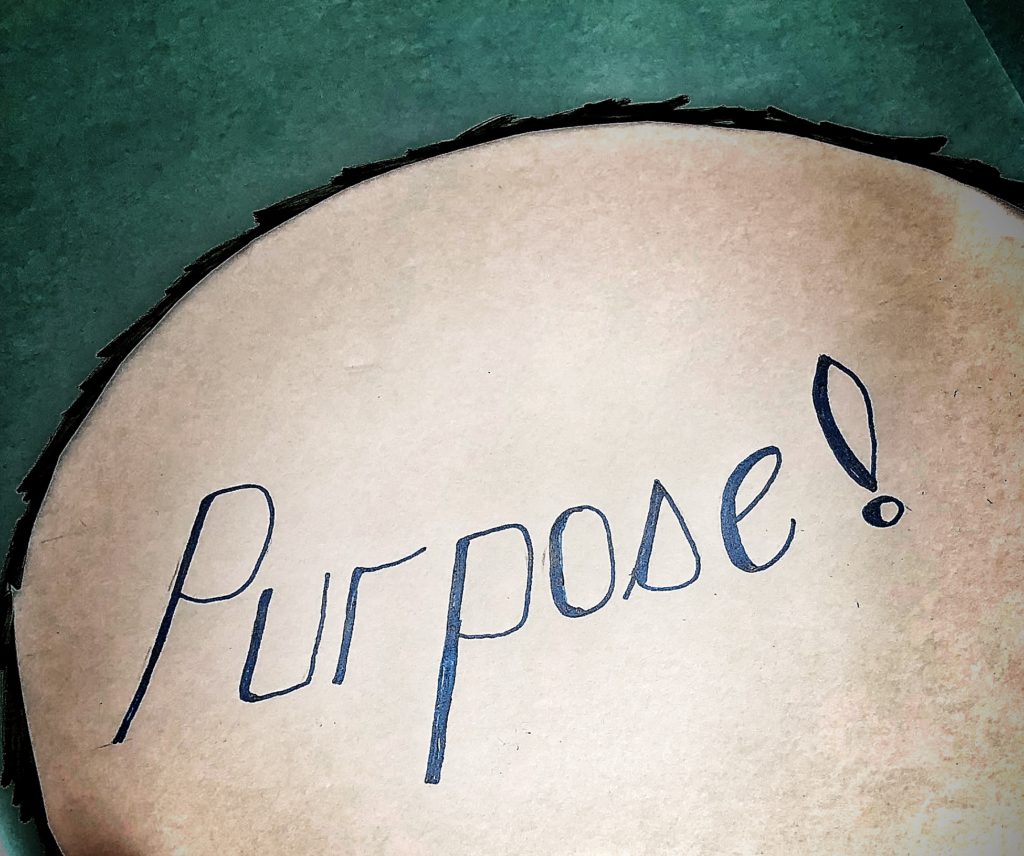
Let’s take a closer look at the meanings given to the word purpose and see if we can get some guidance from that.
Interestingly purpose is both a noun and a verb. We know that as a noun purpose is defined as:
“Purpose (noun) – the reason for which something is done or created or for which something exists”
However, I think its definition as a verb is far more insightful for us right now:
“Purpose (verb) – have as one’s intention or objective”
Therefore, defining our life purpose is about defining our intention or objective.
A Fable about Finding your Purpose in Life – Panning for Gold
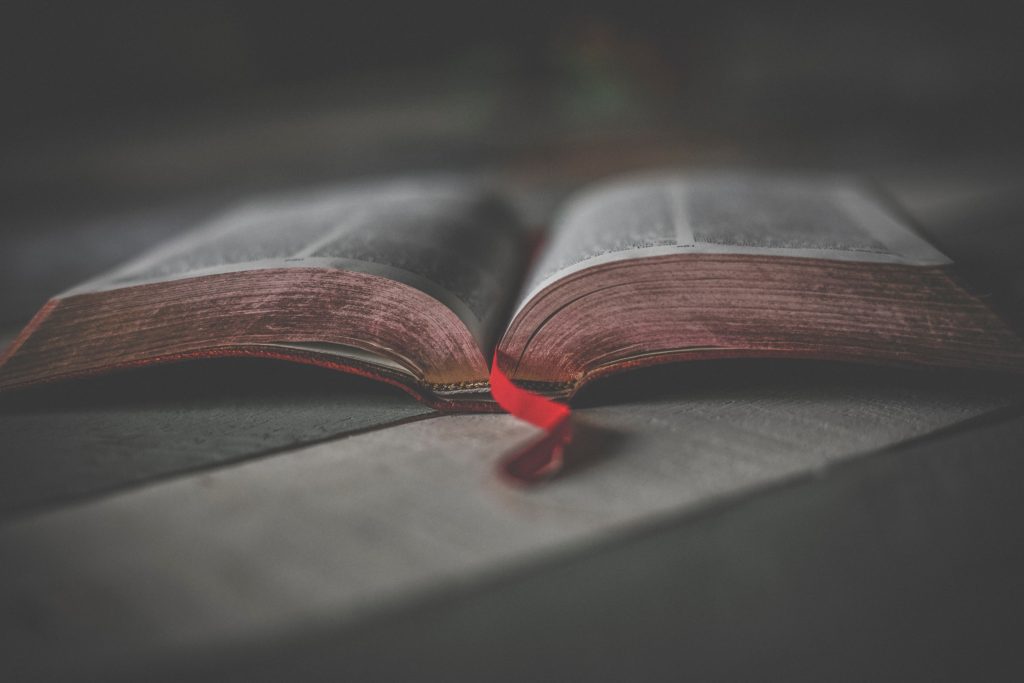
We are not the first ones on this search and often a fable, which is typically a short story used to covey a moral, can be helpful.
In this fable it tells the story of a young man’s search for his life purpose – sounds promising:
A frustrated young man went to see the wise man in his village.
“I don’t know what to do with my life. How do I find my purpose?” the young man asked.
“Follow me,” said the wise man.
Silently, they trudged together to a far away river where they found dozens of prospectors panning for gold.
“There are three types of prospectors here,” the wise man said.
“What do you mean?” the young man inquired.
“There are those who strike gold straight away. Excited, they take their plunder, cash it in and live comfortably for the rest of their lives. Then there are those who pan for years. They know that there is gold here and they have seen others strike it rich, so they persist until they too find the gold that they’ve been searching for.”
“What about the third type?” asked the young man.
“They are the individuals who get frustrated that they haven’t found what they are looking for, so after a day, a week or a year or more, they give up, walk away and never find gold.”
Slightly confused, the young man asked, “What has this got to do with finding my purpose?”
“Aah yes, the age-old question”.
The wise man smiled and looked his companion in the eye. “There are those in life who look for their purpose and seem to find it almost immediately. From a young age they have a clear sense of purpose and pursue their dreams with energy and enthusiasm. Some others have to look a bit harder, perhaps for many years, but if they persist and keep looking, they will find something to live for. Finally, there are those who want to know their purpose, but they become frustrated with the search and give up too soon, returning to a life of meaningless wandering.”
“Can everyone find their purpose?”
“Is there gold in the river?” the wise man responded.
“So, how do I find my own purpose?”
“Keep looking.”
“But what if I want to find it quicker?”
“Young man, there are no guarantees that you will be able to find it quickly, the only guarantee is that if you give up and stop looking for it, you’ll never find it.”
The young man looked despondent, feeling that he had wasted his time with the wise man.
He felt a reassuring hand on his shoulder, “I can sense your frustration, but let me assure you, if you can find your true calling in life, you will live with passion, make the world a better place, be richer than you could imagine and feel as though the very face of God Himself is smiling upon you. That may happen next week, next year or in the years ahead, but the search will be worth it and your life will never be the same again. So for now, your purpose is to find your purpose.”
“Thanks.”
“Oh, and there’s one other thing that I forgot to mention.”
“What’s that?”
“Just as those men and women need to get down to the river with a pan to find their gold, so we need to remain active to find our purposes, we don’t find it sitting around at home doing nothing.”
It was getting late, so the two men turned for home and began their long walk back to the village.
As they walked, the young man was deep in thought about what he had just learned, and the wise man smiled to himself, knowing that conversations like this were an important part of living his own purpose.
What are the key messages for us at this point in our journey?

Every person is in one of four “purpose states”:
- They have found their purpose and are actively engaged in living an intentional life based on their “frame of commitment” or personal code of honour.
- They are actively searching for their purpose and are completely committed to identifying it and so their current purpose “is to find their purpose”. They too are living an intentional life based on their “frame of commitment” or personal code of honour.
- They started the search for their purpose but when it became difficult, when they were challenged by family or friends, or when it wasn’t readily available to them, they simply stopped. They now live an unintentional life with little or no frame of commitment or personal code of honour.
- They have never asked the questions “why am I here”, “what is my purpose” and so they too are now living an unintentional life with little or no frame of commitment or personal code of honour.
If you are reading this series of posts then I imagine, like me, you are intently searching for your life purpose.
We should take comfort that we actually have a life purpose right at this moment and so are not adrift or floundering (even if it might feel a bit like we are). That makes me feel a whole lot better and I hope you do to.
Our purpose, right now, is to find our purpose. What will make the difference for each of us is our ability to stick to the task and to not give up when the going gets tough or when we get despondent. Who knows, at the very moment we give up we might actually only be one step away from having our purpose firmly in our hands.
Let’s work out the journey together

If having a life purpose provides a “frame of commitment” or a “personal code of honour” then a sensible first step would be to understand what we value as an individual. This in turn will create our framework of commitment, our personal code of honour. Once we know “what we stand for” then I believe it will make defining our purpose simpler because it is my thought that our purpose will come out of the values we refuse to compromise on. For example, if our core value is something to do with kindness then it would make sense that our purpose is probably linked to stopping unkindness.
Why do the work to define my values?
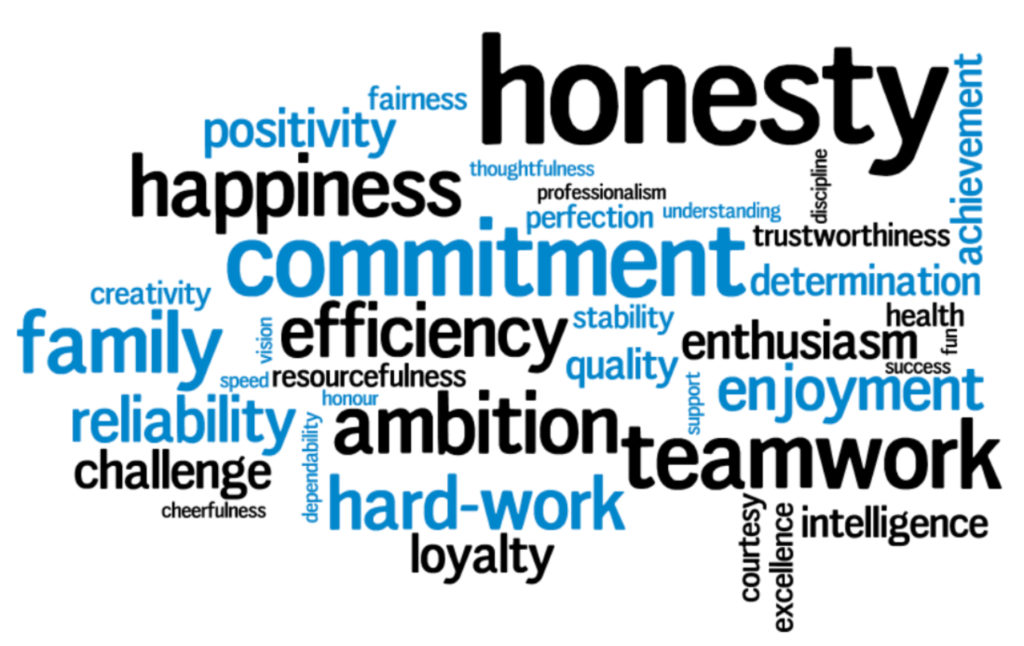
Make no mistake, we all have values whether we want to recognise them or not. It is these values that inform our behaviours every day. Our values are the things that make us squirm in our seat when we do or say something that “doesn’t feel right” or doesn’t fit with the picture of ourselves that we hold up to, not only ourselves, but the world. You might not be able to label it when it happens, but the reason you are squirming is because you have behaved in a way that is not aligned to something you hold as a personal value. Result – you are not aligned to your personal code of honour.
“Values are not right or wrong, they just are. Our combination of values is as unique as we are individual. They are our “X factor”.”
The problem with not having our values clearly defined is that when we are out of alignment with them we know something “isn’t right”. However, we have no way to identify what that something is which means we have no way to work through the problem and get back in flow.
“There is nothing more personal than your values. What you will and won’t do to get ahead, the lines you will and won’t cross to win, whom you will and won’t step on for personal gain, are at the very core of your code of honour. And your code of honour determines your character. And your character is who you are. Behind closed doors. When nobody is watching.” Pattie LaBelle
Secondly, without clearly knowing our values we find ourselves being pulled from all directions by our family and friends, the media, our workplaces, events, situations and circumstances and this is confusing, and can be distressing and unrelenting.
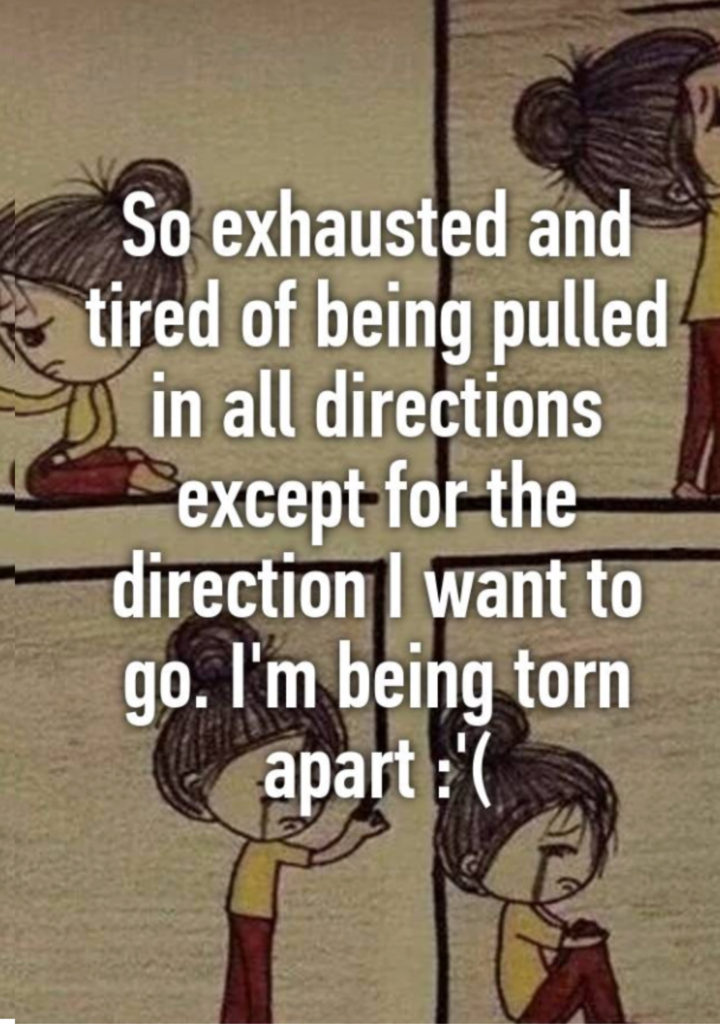
“When values, thoughts, feelings, and actions are in alignment, a person becomes focused and character is strengthened.” John C. Maxwell
Conclusion
“A personal code of honour is something you yourself design and take up for the sake of improving yourself, your life and the lives of those around you.” Christopher D. Clothier
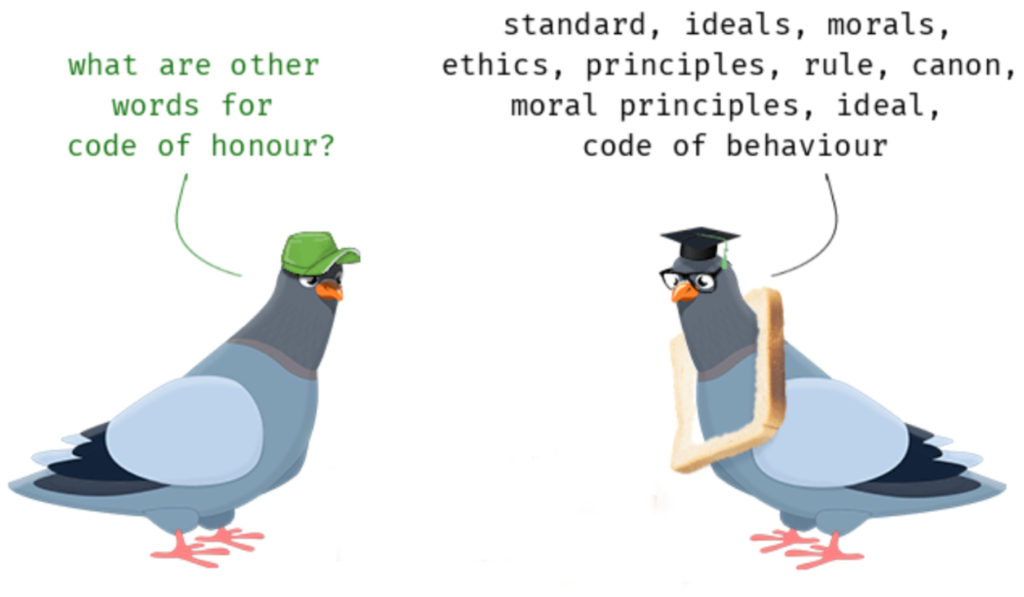
In the next post we will work through a practical exercise to identify our values and therefore craft our personal code of honour.
This is the second part in this series. If you would like to know more about what a Life Purpose is and why we should have one, please read my first article.
Available below is a link to an eBook on this series.
Take care and talk soon
Thrive; don’t just Survive with Janette
